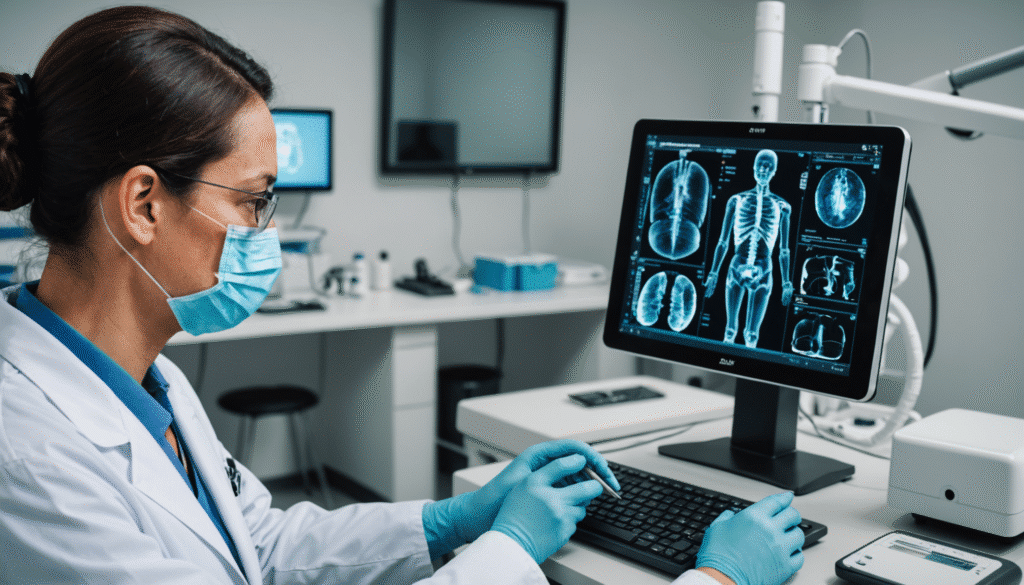Welcome to this weekly update of December 7, 2024, where innovation and challenges in the health sector combine. On the program, insights on the evolution of medical technologies, advances in patient care, as well as reflections on the impact of new standards and policies. Stay tuned for the latest news shaping the world of healthcare and key information for professionals in the sector.
This weekly update of December 7, 2024 reveals several significant advances in the field of medical technology. The discussions focus on the innovations such as the use of virtual reality in rehabilitation, optimization of treatment protocols telecardiology for patient monitoring, and the latest approvals of the FDA for medical devices. Furthermore, concerns related to obsolete medical devices and current regulatory challenges are also addressed. Finally, the importance of a effective integration digital health technologies in medical practices is highlighted, highlighting the need to evolve with the growing expectations of healthcare professionals.

This week, the healthcare sector has seen a series of significant developments. Among them, innovations in the sector of medtech stand out, with significant investments aimed at improving patient care. Industry players face growing pressure to integrate advanced technologies, such as AI and imaging thermological. These advances are crucial to guaranteeing the security data and optimize the processes of healthcare establishments.
current issues in the health sector
The question of interoperability remains at the heart of the concerns of stakeholders in the health system. The need to share accurate, real-time information is more crucial than ever to improve patient outcomes. These challenges are exacerbated by the implementation of new regulations and the emergence of disruptive technologies. Additionally, the focus is on reducing costs while maintaining the quality of services provided.
emerging trends and future prospects
Current trends highlight the growing integration of digital technologies in traditional medical practices. Many professionals are exploring solutions such as telemedicine and health management applications to facilitate remote care. This evolution requires continuing education for physicians and a commitment to innovation to remain competitive in the rapidly changing healthcare ecosystem.
The weekly update of December 7, 2024 provides valuable insight into the challenges and developments in the field of health. This report highlights various themes, illustrating how medical technology and innovation have become central elements in improving patient care. Discussions around the integration of digital health technologies in the practice of general practitioners illustrate the need to adapt to a constantly evolving healthcare ecosystem.
Furthermore, the increasing use ofartificial intelligence in the healthcare sector is attracting undeniable interest, both for optimizing clinical processes and improving the patient experience. Articles dealing with challenges inadoption of AI underline the importance of a clear and well-defined strategy to ensure sustainable results. As hospitals and clinics embrace these new technologies, it is imperative to ensure that these advancements do not compromise quality of care.
In addition, initiatives such as the simplification of medical bills are essential to improve access to care and equity in the health system. Patient understanding of medical costs is crucial, especially in a context where many citizens may be hesitant to seek necessary care due to financial uncertainty. By addressing these issues, the health sector is working to make care not only more accessible, but also more understandable for everyone.
Finally, the week was also marked by various financing and acquisition activities, highlighting the dynamics of the sector and the importance of investments to fuel innovation. These developments confirm that the medical landscape is constantly changing, and that it is essential for players in this sector to remain informed and proactive in adopting new solutions that shape the care of tomorrow.














